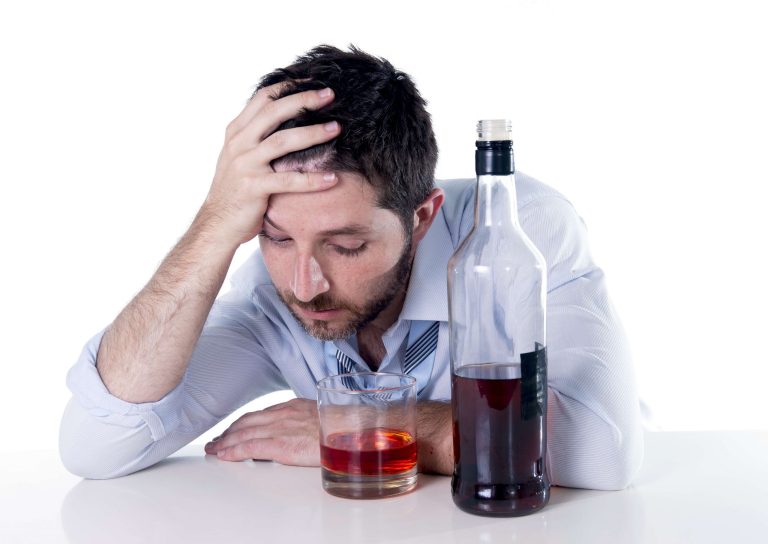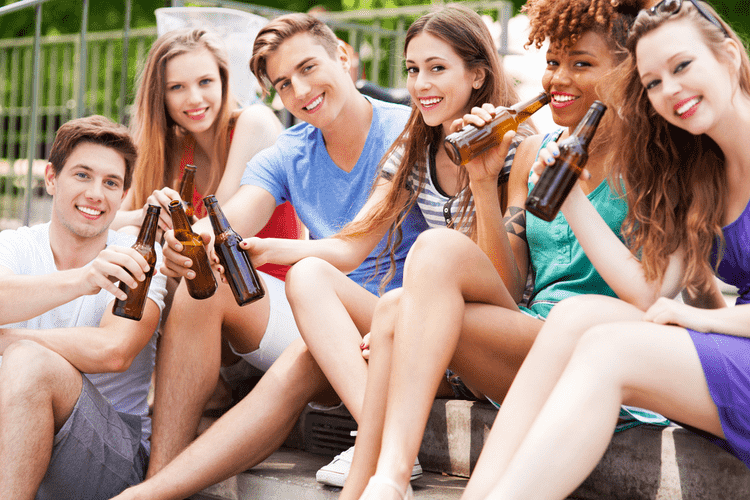The “evening” type (greater eveningness) individual prefers a later bedtime and a later rise time and has a greater need for sleep. This chronotype is commonly seen in adolescents and those with psychiatric disorders. Conversely, the “morning” type individual (greater morningness) prefers an earlier bedtime and an earlier rise time. Moreover, chronotype is a dynamic trait that changes across the lifespan. As children grow older and approach adolescence, many of them may experience a shift towards eveningness, a phenomenon seen commonly in boys 11. Beyond the second decade of life, individuals tend to revert back towards morningness 12.

How Long Does Withdrawal Insomnia Last?
Alcohol affects sleep in many ways, impacting the body’s ability to get deep sleep and disrupting the process that helps maintain normal sleep. While alcohol might help you get to sleep more easily, it ultimately keeps you from getting deep, restorative sleep, making you feel more tired instead of more rested. Have you ever used alcohol to help you sleep, only to notice that you don’t feel well-rested when you get up the following day? Or have you ever woken up after a night of drinking, still feeling groggy? While alcohol may seem to make it easier to sleep, it actually disrupts sleep and insomnia after stopping drinking makes you more tired. Having two drinks for men or one drink for women caused a 23% decline while drinking in excess of that caused a 39% decline in sleep quality.
The Science of Alcohol and Sleep
Drinking alcohol is linked to trouble falling asleep, staying asleep, or waking up too early, also known as insomnia. Below, we’ll cover why you can’t sleep after drinking alcohol and how you can use the RISE app to fall and stay asleep more easily, even when you have a drink. People’s tolerance to alcohol as a sleep aid rapidly increases, leading to insomnia and alcohol dependence. However, researchers do not agree on how alcohol interferes with REM sleep.
- Adenosine is a chemical that helps promote sleep, and the increased levels of adenosine are one of the reasons that drinking alcohol can make you sleepy.
- This can leave you feeling like you have insomnia after drinking alcohol—and it’s why having a nightcap before bed might not be such a good idea after all.
- But in the second half of the night, it may lead to fragmented sleep (more awakenings).
- Cutting back or cutting out alcohol can significantly improve sleep quality, among many other benefits.
Symptoms
Search terms included alcohol-related disorders or alcoholism in combination with sleep, sleep initiation and maintenance disorders, or sleep apnea syndromes. We reviewed 107 relevant articles, of which alcoholism 60 included quantitative measures of both alcohol use and sleep. There are many medications used to treat insomnia, including benzodiazepine and nonbenzodiazepine medications.
While napping might seem like the answer to your fatigue, moderation is crucial during alcohol withdrawal. Short (20-30 minute) naps early in the day can boost your energy in the afternoon without disrupting your nighttime sleep cycle. But longer naps or napping close to bedtime can backfire, leaving you feeling even more restless at night. If you have sleep apnea, alcohol can cause you to experience more severe desaturation and could potentially increase your carbon dioxide to fatal levels.

Sleep apnea, particularly obstructive sleep apnea (OSA), is present in 25-35% of individuals with https://www.mwadda.com/25-famous-lives-shattered-by-alcohols-deadly-grip/ alcohol-induced sleep disorder. Alcohol relaxes throat muscles, increasing the likelihood of airway collapse during sleep, leading to apnea episodes (pauses in breathing). Individuals with pre-existing sleep apnea may find that alcohol worsens their condition, leading to more severe symptoms and an increased risk of complications like cardiovascular disease. Other primary sleep disorders may occur more commonly with AD and present as insomnia in the clinical setting. These include obstructive sleep apnea (OSA), periodic limb movement disorder (PLMD), and delayed phase sleep disorder (DSPD).

For the treatment of either disorder to be effective, both insomnia and substance abuse should be addressed together. Someone in recovery from alcohol use may experience setbacks because of sleep-related withdrawal symptoms. A model of insomnia predicting heavy use of alcohol showed that the characteristics of stress – beyond any symptoms shared with depression – better described this relationship. In a model reversing the order, where drinking predicts the onset of insomnia, symptoms of depression that aren’t shared with stress better explain the link. There’s a complicated relationship among depression, alcohol, and sleep.
Alcohol Dependence (AD)
Some self-report measures (e.g., amount) tend to underestimate sleep disturbance while other measures (e.g., time to get to sleep) tend to over-estimate insomnia in comparison to polysomnography (30,31). Many persons with self-reported insomnia do not demonstrate objective sleep abnormalities on polysomnography (10). These definitional and methodological issues make interpretation of the literature difficult.
Medications for Managing Alcohol-Induced Sleep Disorder
You might wake up due to things we’ve already covered, such as needing to pee, experiencing sleep apnea, or snoring heavily. Many cocktails and wines also contain high amounts of sugar, which can stimulate your body as you start to metabolize the drinks. But alcohol also suppresses the production of glutamine, a type of amino acid and a natural stimulant. As your body metabolizes the alcohol, glutamine production kicks into overdrive and wakes you up.
Advice From a Sleep Doctor
Wine is just like any other type of alcohol when it comes to your sleep. It can initially make you drowsy and help you fall asleep more easily. But over the course of the night, it can wreak havoc on your sleep architecture and lead you to toss and turn. Rather than sipping red wine, consider instead having a glass of tart cherry juice, which is a good natural source of melatonin. It all goes back to the ways your body responds to alcohol as a sedative, says Kogan. It’s that transition period from wakefulness to sleep that generally only lasts a few minutes.